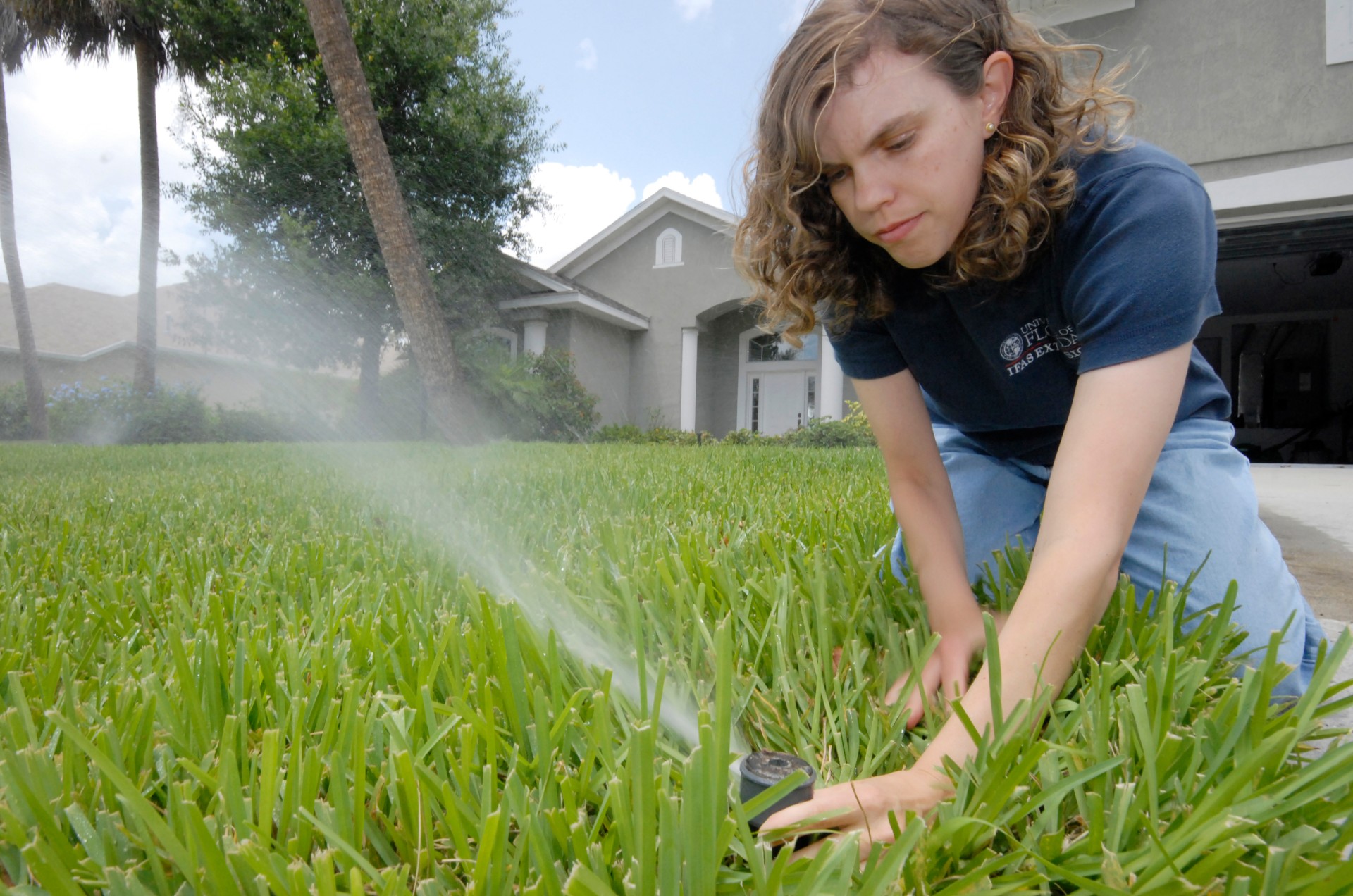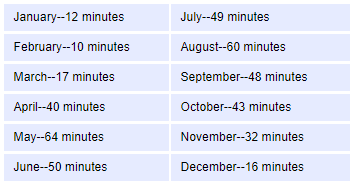
Turfgrass responds to different seasons and it is mostly driven by light, water, and temperature. Remember, plants need light, water, and nutrients to grow! So those short, cool winter days with sparse rainfall result in turf going into hibernation. Spring arrives with longer and warmer days, awakening our turfgrass from its winter slumber. And Summer… Summer bathes Florida with long days of light and pours plenty of water on the Sunshine State, and our grass grows like it is in a competition to reach the sun!
The months moving from winter to spring typically have the lowest rainfall, so as your turf enters an active growth stage with more light and warmer days, the grass is also thirstier. As the turf responds to these longer days, you may notice more brown blades, some drier patches, and a generally parched appearance. Before you reach for your insecticide, reach for that irrigation clock and run a test through the entire system.

Lack of water can resemble insect damage in the turfgrass, so correct the irrigation system first!
Here is a general guide for how to set irrigation timers throughout the year so your grass is happy and hydrated without taking more than your share of Florida’s water. After all, our grass uses over half of all of our drinkable water in Florida!
Check the sprinkler spray patterns and coverage and make adjustments if needed. Be patient, and with increased rainfall and a functioning irrigation system you will begin to see things grow in and green up. Observe those problem areas regularly, and if an issue persists once the irrigation is ruled out as a possible issue, work on identifying the potential pest. ______________________________________________________________________________
Remember to have a fertilizer plan that follows your local fertilizer ordinance, which protects our water quality while also providing adequate nutrition to maintain healthy turfgrass. Critical spring applications in Central Florida occur between March and May.
Orange County Environmental Protection Division: Fertilizer Responsibly
UF/IFAS General Recommendations for Fertilization of Turfgrass on Florida Soils
 0
0
